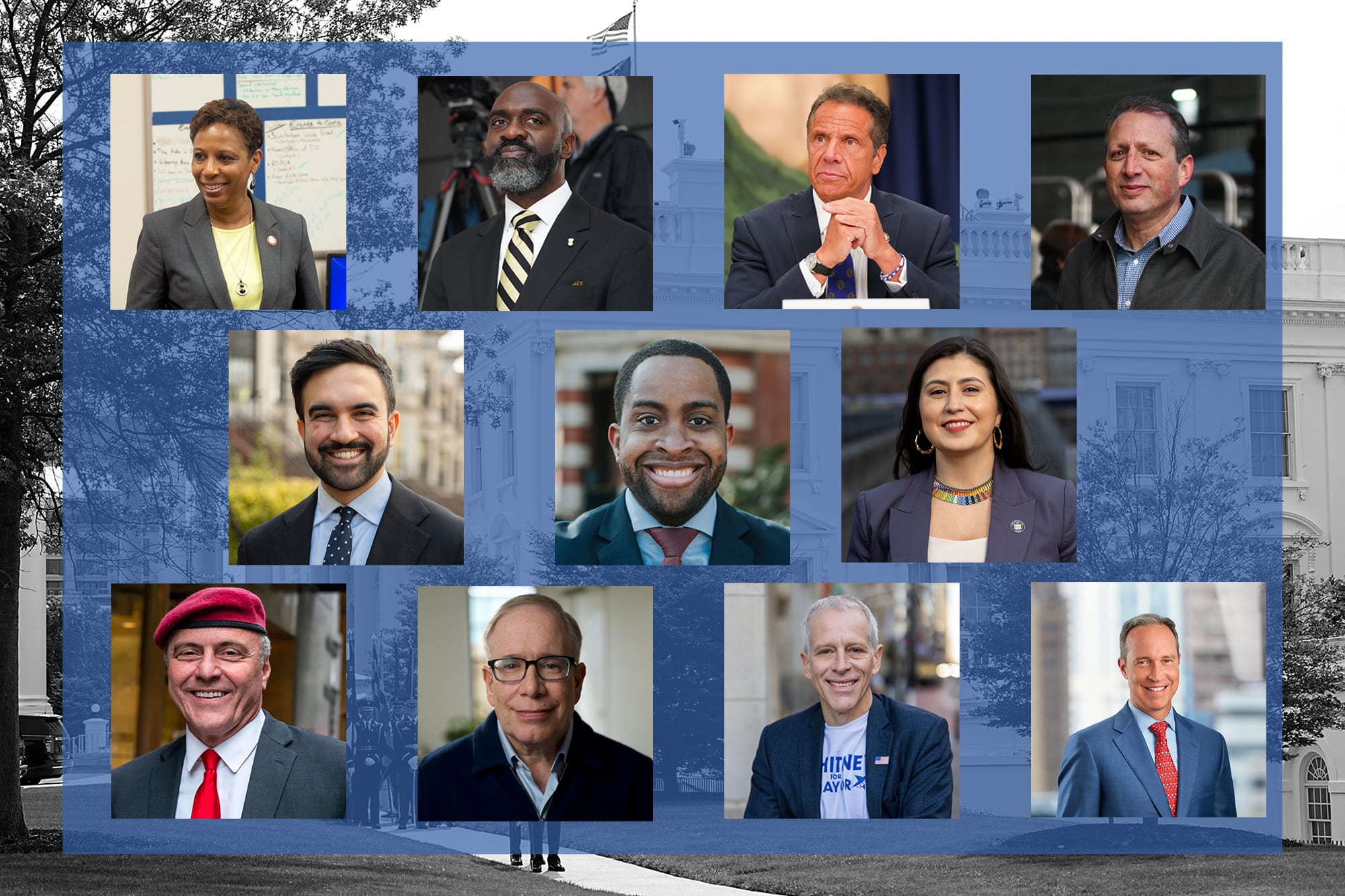Sign up for Chalkbeat New York’s free daily newsletter to get essential news about NYC’s public schools delivered to your inbox.
This is part of a series in which Chalkbeat asked the mayoral candidates questions about important education issues that will likely define the next four years. The primary is June 24, with early voting from June 14-22.
How New York City’s next mayor will respond to threats from President Donald Trump has become an animating question in this year’s mayoral campaign.
It’s a question that could have big implications for the city’s public school system, which receives about $2 billion a year in federal funding. The Trump administration has aggressively used the threat of withholding federal education funds to push states and districts to align with its policies in areas ranging from transgender sports rules to diversity, equity, and inclusion programs.
New York City’s Education Department, the nation’s largest school system, has not yet been directly targeted by federal threats or investigations. But worried school staff and families have pushed city and education department officials to issue clear statements on protections for LGBTQ and immigrant students.
In April, New York’s state education department was the first to publicly rebuff the Trump administration’s demand that states certify they are not pursuing diversity, equity, and inclusion programs in public schools — or risk forfeiting federal funds. The administration has launched civil rights investigations into states and districts that allow transgender girls to play on girls sports teams — a policy New York City has steadfastly defended.
Former governor and mayoral frontrunner Andrew Cuomo has staked his candidacy in large part on being the contender with the most direct experience dealing with Trump. But other candidates have argued that Cuomo would be the least forceful in pushing back on the Trump administration.
Chalkbeat asked the leading candidates how they would respond to Trump administration threats to education funding as part of a questionnaire on March 25 to find out their views on seven pressing issues. A spokesperson for Mayor Eric Adams said he declined to participate since he isn’t in the primary.
Here’s what they told us about their approach to Trump.
Responses may have been edited for formatting or trimmed for length, but otherwise each candidate’s answers are as submitted, including hyperlinks.






